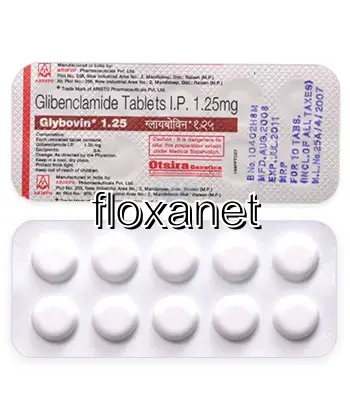| Package | Dosage | Price | Price per Dose | |
|---|---|---|---|---|
| Dosage: 2,5mg | ||||
| 360 pill | 2,5mg | £189.29 | £0.52 | |
| 180 pill | 2,5mg | £101.84 | £0.57 | |
| 120 pill | 2,5mg | £73.03 | £0.61 | |
| 90 pill | 2,5mg | £59.66 | £0.66 | |
| 60 pill | 2,5mg | £43.20 | £0.72 | |
| 30 pill | 2,5mg | £25.71 | £0.85 | |
| Dosage: 5mg | ||||
| 360 pill | 5mg | £166.66 | £0.46 | |
| 180 pill | 5mg | £96.70 | £0.53 | |
| 120 pill | 5mg | £67.89 | £0.57 | |
| 90 pill | 5mg | £53.49 | £0.60 | |
| 60 pill | 5mg | £37.03 | £0.62 | |
| 30 pill | 5mg | £21.59 | £0.72 | |

Glibenclamide Description
Overview of Glibenclamide
Glibenclamide, also known as glyburide, is an oral medication primarily used to manage type 2 diabetes mellitus. It belongs to the class of sulfonylureas, a group of drugs that stimulate the release of insulin from the pancreas. This medication is often prescribed when diet and exercise alone do not sufficiently control blood sugar levels. By promoting insulin secretion, Glibenclamide helps to lower blood glucose concentrations and improve overall glycemic control.
How Glibenclamide Works
The medication works by closing ATP-sensitive potassium channels in the pancreatic beta cells. This action results in cell depolarization, which triggers calcium influx and stimulates the release of insulin. Because of its mechanism, Glibenclamide effectively reduces fasting and postprandial blood sugar levels. However, it requires functioning pancreatic beta cells to be effective, so it may not be suitable for individuals with advanced diabetes where insulin production is severely diminished.
Benefits and Effectiveness
Many patients experience significant improvement in blood glucose control after starting Glibenclamide. It is often favored for its rapid onset of action and relatively long duration, enabling once or twice daily dosing. The medication can help reduce the risk of diabetes-related complications, such as nerve damage, kidney problems, and cardiovascular issues, by maintaining blood glucose within target ranges. Additionally, it is generally cost-effective, making it accessible to a wide range of patients.
Possible Side Effects
While Glibenclamide is effective, it can cause side effects. The most common include hypoglycemia, which can be severe if not managed properly. Symptoms of low blood sugar include dizziness, sweating, weakness, and confusion. Other side effects may consist of weight gain, nausea, abdominal discomfort, and skin reactions. Rarely, allergic reactions and blood disorders have been reported. Patients need to be vigilant and monitor their blood sugar closely to prevent adverse effects.
Precautions and Interactions
Before taking Glibenclamide, it is essential to inform your healthcare provider about any allergies, kidney or liver problems, and other medications you are using. Certain drugs, such as corticosteroids or diuretics, can interfere with Glibenclamide’s effectiveness or increase the risk of hypoglycemia. Alcohol consumption should be minimized, as it can unpredictably affect blood sugar levels and enhance side effects. Proper lifestyle modifications, including diet and exercise, should accompany medication therapy for optimal results.
Usage and Dosage
Glibenclamide is typically prescribed in doses starting from 2.5 mg to 5 mg once daily, adjusted based on individual response and blood sugar levels. It is usually taken before breakfast or the first main meal. Regular blood glucose monitoring is crucial to determine the appropriate dose and prevent hypoglycemia. Patients should strictly follow their healthcare provider’s instructions regarding dosage, timing, and dietary considerations to maximize the benefits and reduce risks.